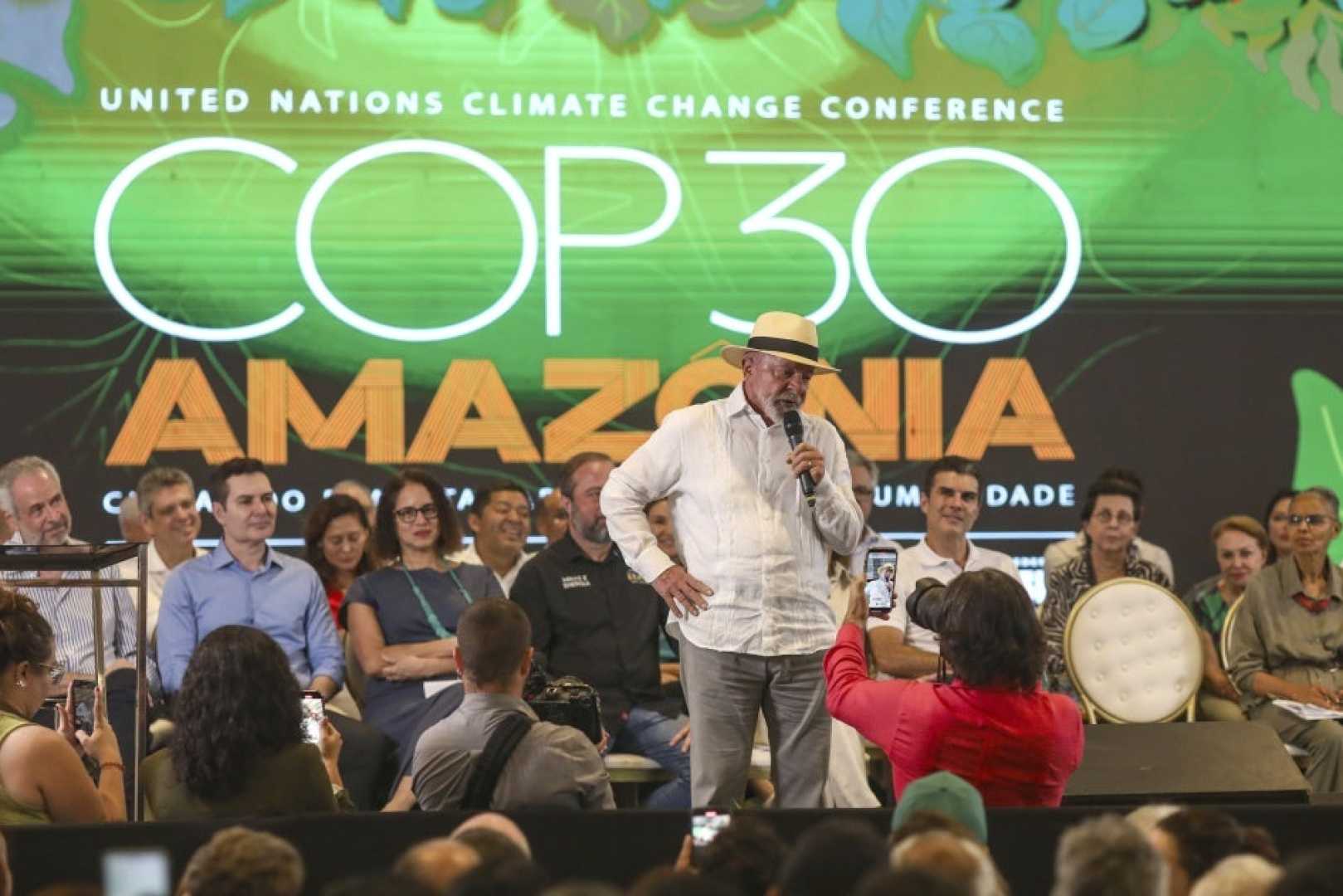World
Fears Grow as Africa Faces Challenges Ahead of COP30 in Brazil

Belém, Brazil – In November, the Brazilian city of Belém will host COP30, the United Nations climate change conference. This year, African negotiators aim to make significant progress on climate actions amid a tense geopolitical landscape.
The conference comes after disappointing results from COP29 in Baku, Azerbaijan, where global leaders committed to mobilizing $300 billion annually by 2035. However, this amount is significantly lower than the $1.2 trillion that developing nations requested.
Kenya‘s special envoy Ali Mohamed criticized the commitment as “totally unacceptable and inadequate,” warning it could result in “unacceptable loss of life in Africa and around the world.”
Kgaugelo Mkumbeni, from the Institute for Security Studies in Pretoria, explained to African Business that disillusionment is rising in Africa regarding the COP process. “Every year we have expectations, and then we get letdown after letdown,” she said, highlighting a growing frustration among African negotiators.
In July, African nations raised concerns to the Brazilian government about high travel and accommodation costs in Belém, which may hinder poorer countries from participating. Juan Carlos Monterrey Gómez, a negotiator from Panama, expressed fears that COP30 could become “the most inaccessible COP in recent memory.”
Despite these challenges, Mkumbeni noted the urgency for African nations to engage, as the continent faces escalating climate impacts. “Africa is heating at 1.5 times the global average, which is already leading to severe consequences,” she stated.
She also warned that climate change exacerbates existing vulnerabilities related to poverty and agriculture in Africa. “Environmental stresses can escalate into greater instability and conflict,” Mkumbeni cautioned.
Heading into COP30, Africa’s primary goal is to secure increased access to climate finance, which is essential for adopting low-carbon technologies and sustainable development. Brazilian President Luiz Inácio Lula da Silva has urged wealthier nations to contribute more to meet the $1.2 trillion target.
Mkumbeni expressed skepticism about relying on private sector funding, urging for “grant-based, equitable financing options.” She argued that this would prevent additional debt burdens while allowing for necessary climate risk mitigation.
The final goal for Africa at COP30 is to secure commitments for sustainable, well-funded financial support that can help the continent confront its climate challenges. “A successful COP would deliver tangible financing that reduces Africa’s debt while allowing us to mitigate climate risks,” Mkumbeni concluded.












